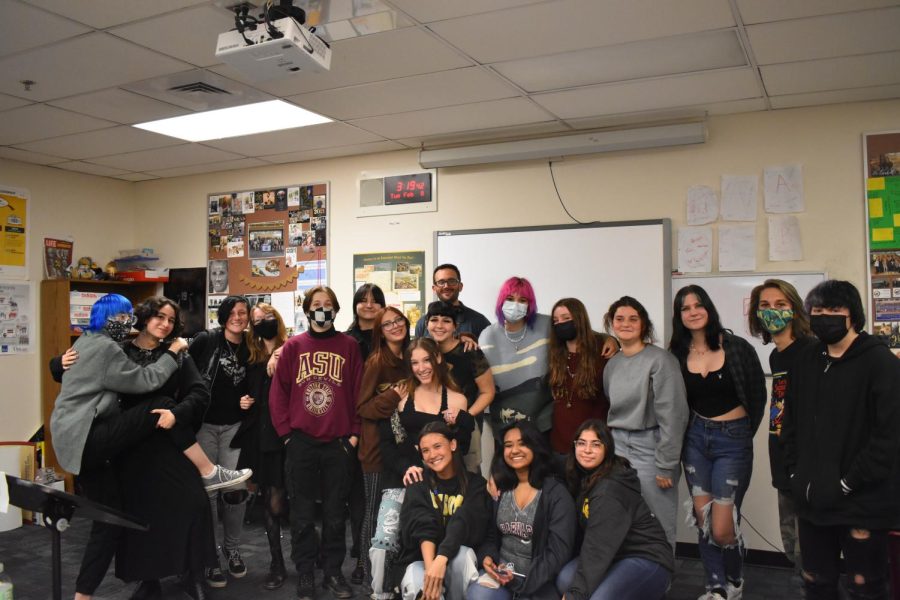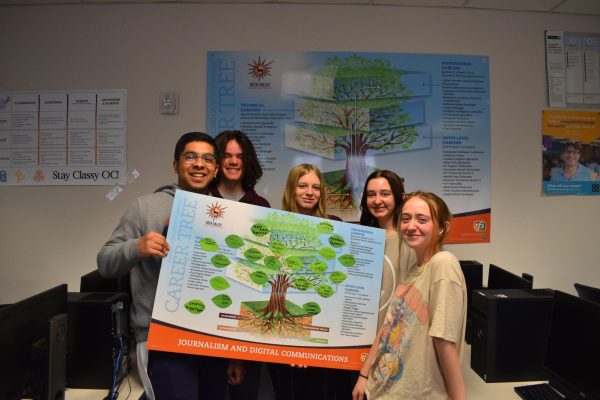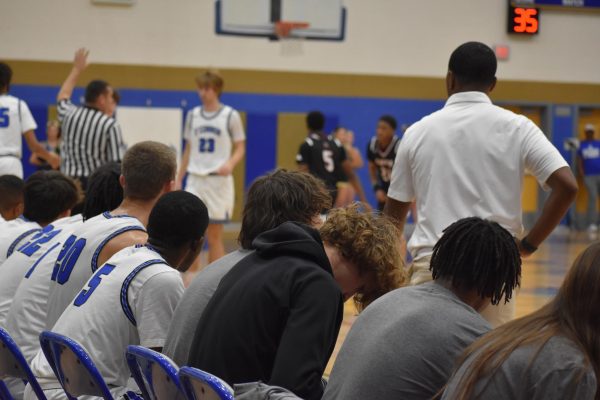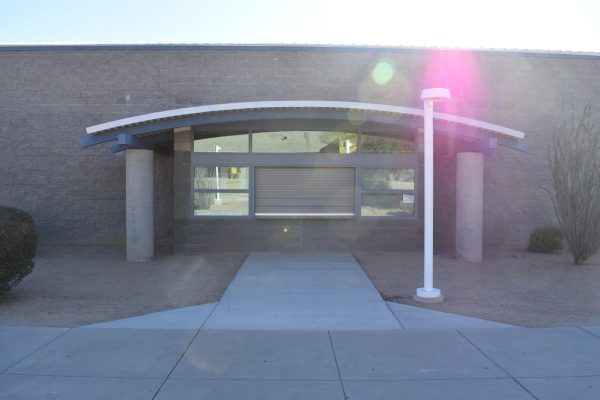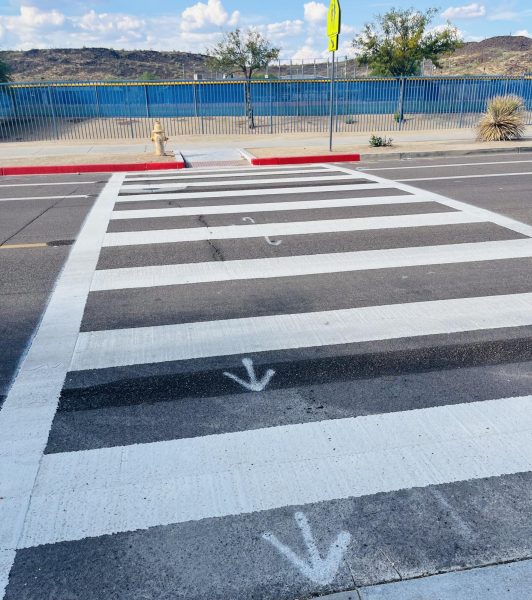OHS Leaders launch clubs with ingenuity
Sanskriti Shandilya, sophomore, sits for a picture with Youth for Acceptance club members.
April 10, 2022
Clubs play an integral role in making a school distinct; they help build a community through shared enthusiasm, allow students to gain leadership opportunities, and explore different beliefs with peers. OHS students are demonstrating initiative by creating new clubs with the help of staff and students—leaving their mark on the school for years to come.
By creating new clubs, students get the unique opportunity to leave behind a legacy. Simply starting a club from scratch—keeping it fresh and inviting—can make students feel out of place.
“Coming up with new ideas can be difficult, how to expand what you are doing because with other clubs it’s already set. And when you’re starting it, you have to try to come up with it on your own. So just keeping it interesting for all the members can be hard sometimes,” said Samantha Sharlot, junior.
The motivation for starting a new club can stem from feeling left out or unheard by the community and a desire to voice the concerns of the unheard. Youth for Acceptance is a recently reinstated club, created by students who want to make OHS a safer environment for students.
“We don’t have that much diversity in our school. And the small amount of diversity we do have is targeted from teachers, students, and overall just in this city. We gather and talk about issues that we are personally dealing with based on you being different from most of the people here. We talk about solutions that we can possibly offer,” said Sanskriti Shandilya, sophomore.
Building a new club from square one gives students a chance to lead. For the first time, they can take charge, be heard, and create a difference at the school.
“I’ve been in STUGO for three years, and that really helped prepare me for the leadership role I had to take on in starting a club, the organizational factor, the paperwork. That is what prepared me for that. That part was not too difficult; it was just navigating a new subject [psychology] that I had not learned before,” Sharlot said.
Clubs are an opportunity to find like-minded individuals and relate to their experiences. In these after-school programs, for some, it is the first time they realize a significant truth to life: they are not alone.
“You don’t see that many people that are diverse around [the school], and then when you see all of them sitting in one classroom you just have so much in common,” Shandilya said.
Many organizational factors go unnoticed that these brand new leaders must grapple with, like learning to fundraise. The innovators learn to balance it all.
“It’s a lot of responsibility that I was not expecting. I definitely had to take money out of my own wallet for the club, especially because I had to learn how to do fundraising. And we just weren’t expecting that many people to join [Go Green Club],” said Michaela Pajeyl, senior.
Laying the foundations to a club can be overwhelming. Already established clubs have an advantage—they can look in the past at previous years as a guidebook if stuck. With a new club, there are no rules. Nothing to fall back on.
“There was no history behind the club. There was nothing that I could go off of, so it’s just making your own thing and talking about things that you have to bring up,” Shandilya said.
By creating these new clubs, students leave behind a legacy at the school for future generations of students.
“Believe in yourself; if you want to start something you can make a difference at this campus. It is a school of a lot of people so it can be hard, but if you really put your mind to something, you could start something that could be a very big deal for a lot of people,” Sharlot said.



